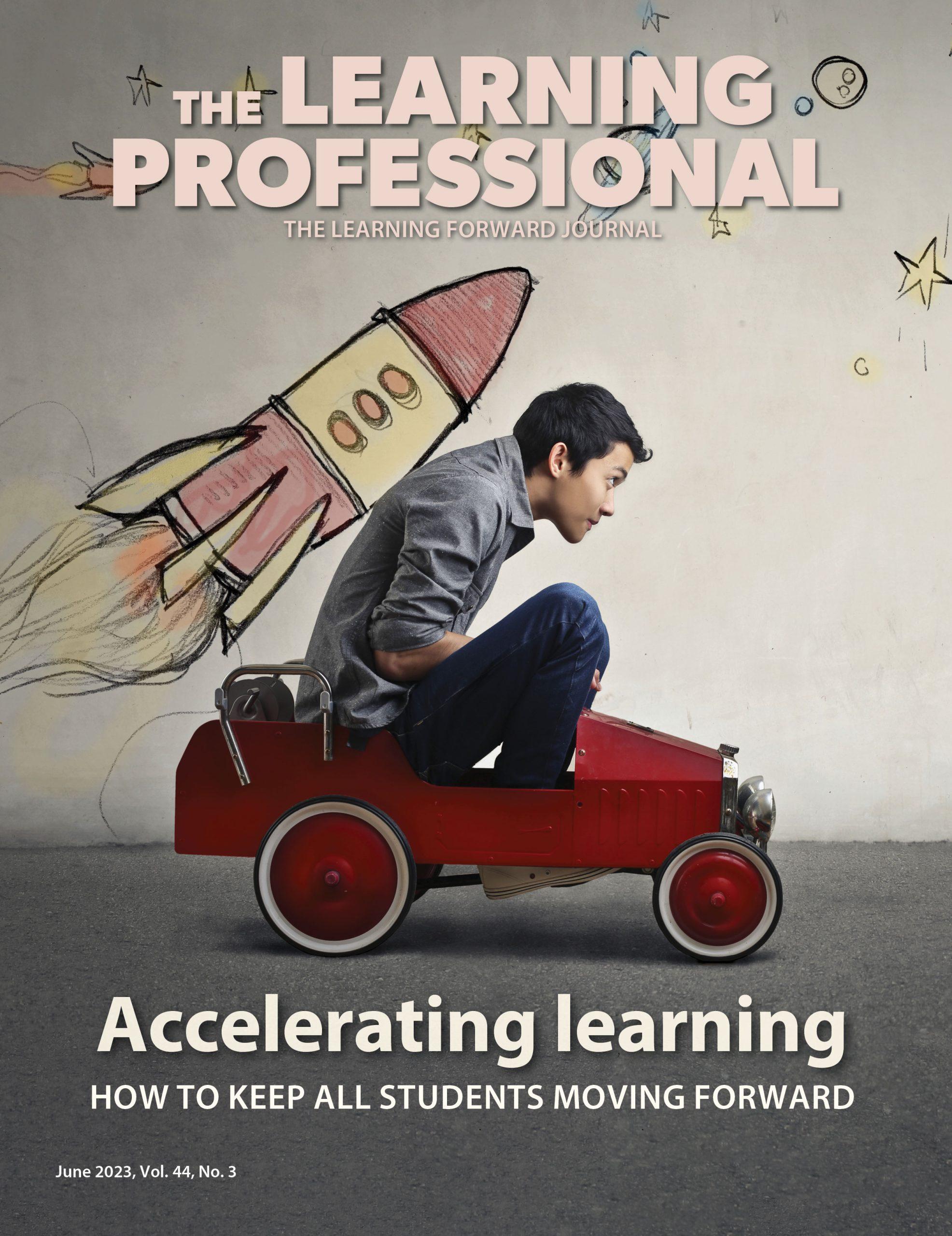FOCUS
Support at every level
To serve bilingual students, empower leaders
By Hilda Maldonado, Imelda L. Nava and Marco A. Nava
Categories: English learners, Leadership, Learning communities, School leadershipApril 2019
Vol. 40 No. 2
Read the remaining content with membership access. Join or log in below to continue.
Sed ut perspiciatis unde omnis iste natus error sit voluptatem accusantium doloremque laudantium, totam rem aperiam, eaque ipsa quae ab illo inventore veritatis et quasi architecto beatae vitae dicta sunt explicabo. Nemo enim ipsam voluptatem quia voluptas sit aspernatur aut odit aut fugit, sed quia consequuntur magni dolores eos qui ratione voluptatem sequi nesciunt. Neque porro quisquam est, qui dolorem ipsum quia dolor sit amet, consectetur, adipisci velit, sed quia non numquam eius modi tempora incidunt ut labore et dolore magnam aliquam quaerat voluptatem.
References
Arbona, C., Olvera, N., Rodriguez, N., Hagan, J., Linares, A., & Wiesner, M. (2010). Acculturative stress among documented and undocumented Latino immigrants in the United States. Hispanic Journal of Behavioral Sciences, 32(3), 362-384.
Ascenzi-Moreno, L., Hesson, S., & Menken, K. (2016). School leadership along the trajectory from monolingual to multilingual. Language and Education, 30(3), 197-218.
Bialystok, E., Craik, F.I., & Luk, G. (2012). Bilingualism: Consequences for mind and brain. Trends in cognitive sciences, 16(4), 240-250.
Brooks, K., Adams, S.R., & Morita-Mullaney, T. (2010). Creating inclusive learning communities for ELL students: Transforming school principals’ perspectives. Theory Into Practice, 49(2), 145-151.
Callahan, R.M. & Gándara, P.C. (Eds.). (2014). The bilingual advantage: Language, literacy and the US labor market (Vol. 99). Tonawanda, NY: Multilingual Matters.
Elfers, A.M. & Stritikus, T. (2014). How school and district leaders support classroom teachers’ work with English language learners. Educational Administration Quarterly, 50(2), 305-344.
García, O. (2009). Emergent bilinguals and TESOL. What’s in a name? Tesol Quarterly, 43(2), 322-326.
Grosjean, F. (2010). Bilingual: Life and reality. Cambridge, MA: Harvard University Press.
Learning Forward. (2011). Standards for Professional Learning. Oxford, OH: Author.
Oppedal, B. & Idsoe, T. (2012). Conduct problems and depression among unaccompanied refugees: The association with pre-migration trauma and acculturation. Anales de Psicología/Annals of Psychology, 28(3), 683-694.
Wilson, C.M., Ek, L.D., & Douglas, T.R.M. (2014). Recasting border crossing politics and pedagogies to combat educational inequity: Experiences, identities, and perceptions of Latino/a immigrant youth. The Urban Review, 46(1), 1-24.
Categories: English learners, Leadership, Learning communities, School leadership
Recent Issues
TAKING THE NEXT STEP
December 2023
Professional learning can open up new roles and challenges and help...
REACHING ALL LEARNERS
October 2023
Both special education and general education teachers need support to help...
THE TIME DILEMMA
August 2023
Prioritizing professional learning time is an investment in educators and...
ACCELERATING LEARNING
June 2023
Acceleration aims to ensure all students overcome learning gaps to do...











